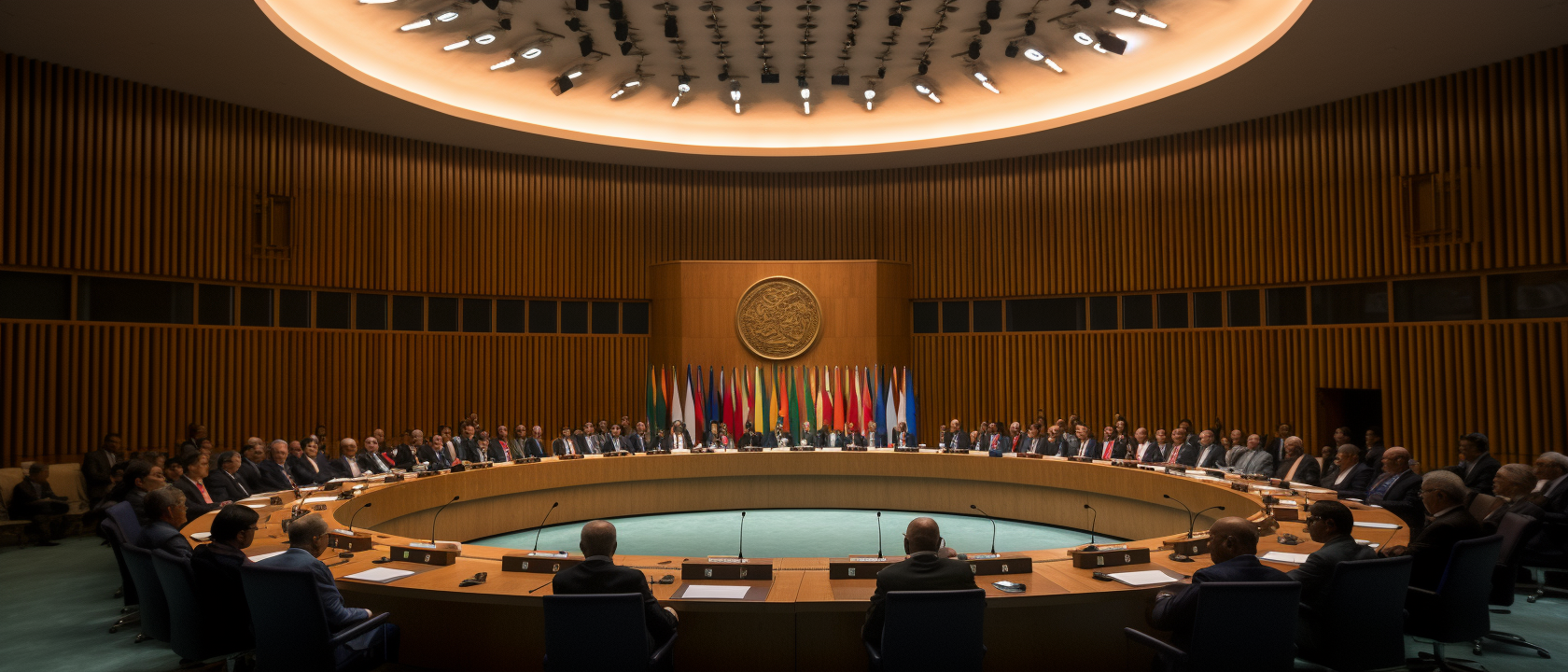No Time for False Modesty

Despite India’s success in pushing the DPI agenda during its Presidency of the G20 there have been some criticisms about the actual impact of its financial inclusion efforts. While there is no doubt that we are prone to embellishment, India’s achievements in the area are substantial. Criticisms about coercion are also unfounded given some level of market orchestration is necessary — especially in low and middle-income countries that are looking for accelerated development.









